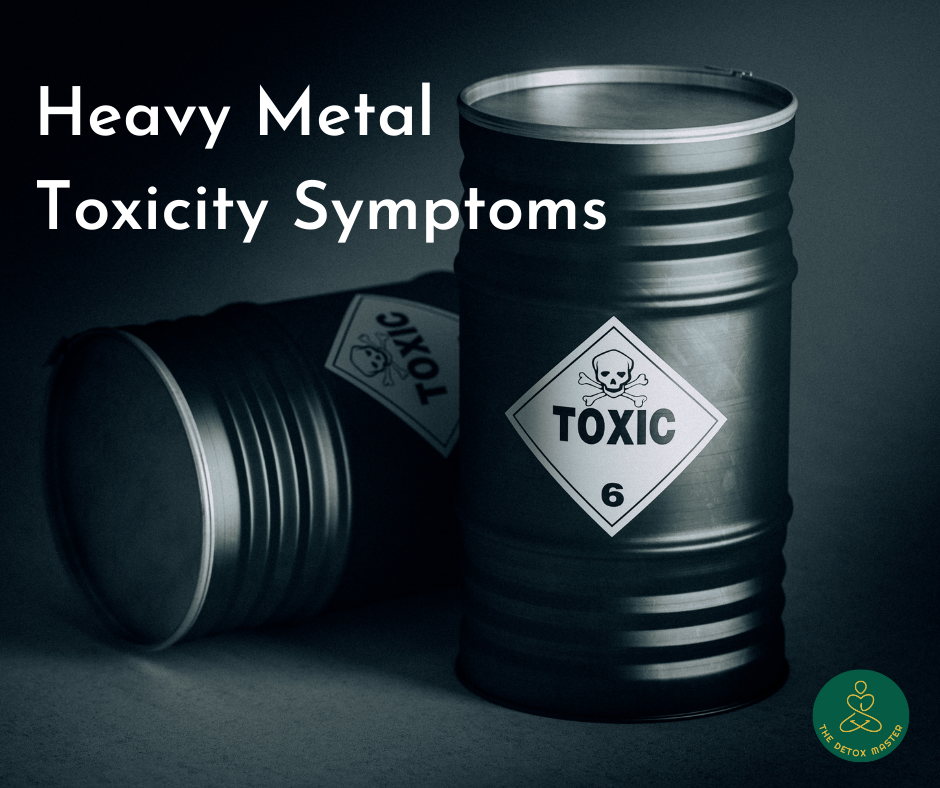Heavy metals are a group of high-density elements toxic to human health. They are naturally present in the environment, but human activities such as industrial processes, mining, and agriculture have increased their concentration in the air, water, and soil. Chronic exposure to heavy metals can lead to severe health problems, including damage to the nervous system, kidney damage, and even cancer. In this blog post, we will discuss the dangers of heavy metal contamination and some symptoms a person might experience with chronic exposure.
The most common heavy metals that can cause health problems include lead, mercury, arsenic, cadmium, aluminium, and chromium. These metals are toxic even at low concentrations, and exposure to them can occur through inhalation, ingestion, or skin contact. In addition, once these metals enter the body, they accumulate in various organs and tissues, leading to chronic exposure.
The symptoms of heavy metal contamination vary depending on the type of metal and the duration and level of exposure. However, some of the most common symptoms include the following:
1. Nausea, vomiting, and abdominal pain are associated with lead, mercury, and cadmium exposure.
2. Headaches and fatigue: Heavy metals such as lead and mercury can cause these symptoms by affecting the nervous system.
3. Skin rashes and itching: Contact with heavy metals such as chromium and nickel can cause skin irritation and allergic reactions.
4. Kidney damage: Cadmium and lead can damage the kidneys, leading to reduced kidney function and even kidney failure.
5. Memory loss and cognitive impairment: Exposure to lead and mercury can cause cognitive problems such as memory loss, difficulty concentrating, and learning difficulties.
6. Cancer: Long-term exposure to arsenic has been linked to an increased risk of cancer, particularly lung, bladder, and skin cancer.
It is essential to be aware of the sources of heavy metal exposure and take appropriate measures to prevent contamination. For example, avoiding contact with lead-based paint, using protective equipment in industrial settings, and consuming a healthy diet can help reduce exposure. Regular testing for heavy metals in the blood and urine can also help identify contamination early and prevent long-term health problems.
In conclusion, heavy metal contamination is a significant health concern that can lead to severe health problems if left untreated. However, by being aware of the symptoms of chronic exposure and taking appropriate measures to prevent contamination, we can reduce the risk of heavy metal-related health problems and protect our health and well-being.
Subscribe

